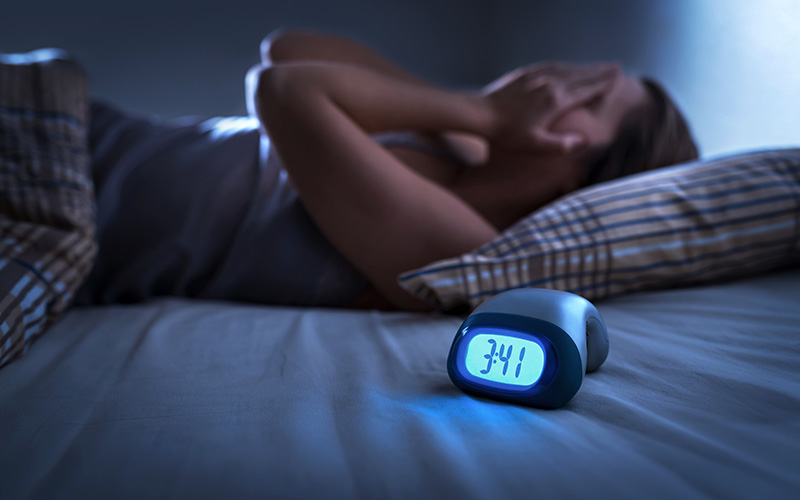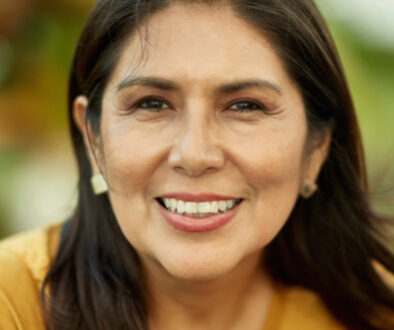Insomnia

Modern research shows that acupuncture is linked to insomnia relief, anxiety reduction and increased melatonin. Melatonin is a hormone that helps to regulate sleep.
Specific studies showed acupuncture improved sleep for veterans suffering from PTSD with brain injuries as well as breast cancer survivors.
The research cited includes a meta-analysis of over 1100 patients that showed acupuncture is superior to placebo for improving sleep quality. Several types of acupuncture were used including auricular (ear), electroacupuncture and standard body points.
It is estimated that between 10-30% of adults contend with chronic insomnia, and older adults are proportionately more affected. As a result, statistics show that this may affect our ability to drive safely, be more prone to have work-related accidents and can be a symptom of a mental health issue.
In fact:
- Around 75% of adults with depression suffer from insomnia.
- More than 90% of people with PTSD related to military combat have been found to have symptoms of insomnia.
How does acupuncture help to improve sleep?
Acupuncture is an effective therapy for regulating our nervous system and thus providing homeostasis by moving us out of a ‘fight or flight’ state and back into a ‘rest and digest’ state. Research shows that acupuncture increases serotonin and aminobutyric acid and reduces glutamate levels.
How many treatments will I need?
Acupuncture is a cumulative medicine, which means each treatment builds on all the previous treatments. So, frequency and consistency are key factors for ensuring lasting results. Research and experience dictate that patients need to commit to treatment at least twice a week for the first four to five weeks. At which, if symptoms are improving, we can reduce to once a week until we establish a sufficient reduction of symptoms. Maintenance treatments may be needed every four to six weeks to prevent symptoms from recurring.



